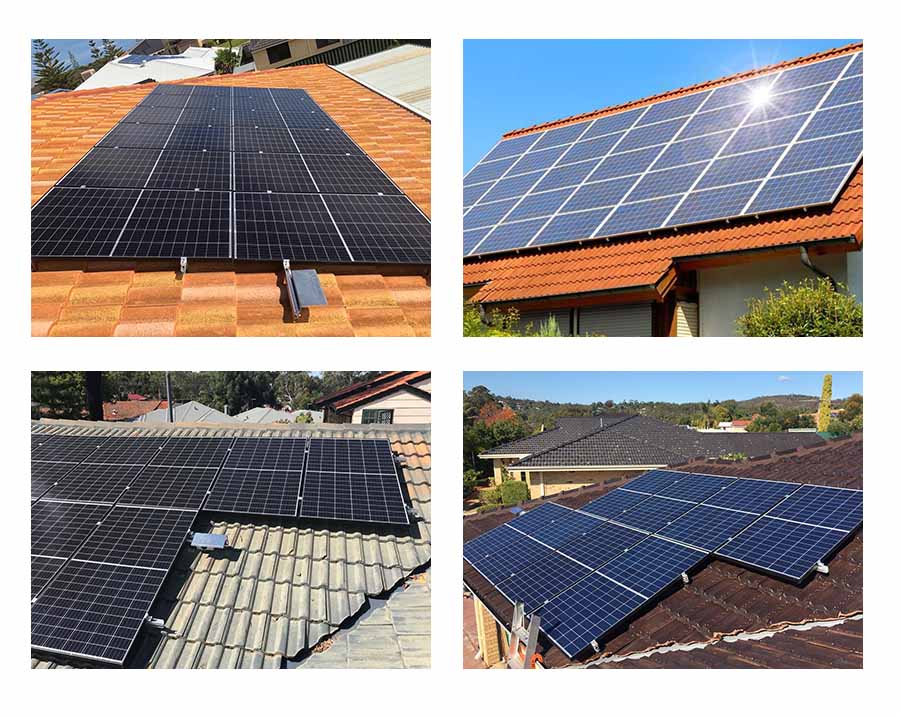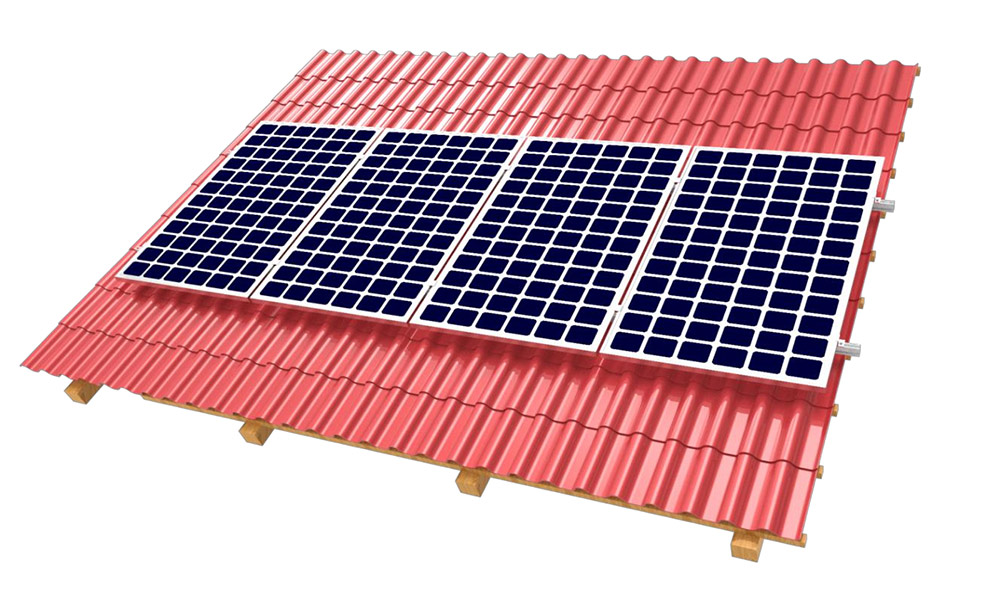Solar energy systems can provide power supply for your home, including powering household lighting, appliances, air conditioning, heating, and other equipment. If your solar system is equipped with appropriately sized solar panels and energy storage systems, you can convert solar energy into electricity during the day and store it in batteries, and use energy storage batteries to power it at night or in low light conditions. This system may be a good solution for handling your short-term energy needs.
However, solar energy systems may not be able to meet certain energy requirements, such as high-power devices (such as high-power electric vehicle chargers or high-power electric furnaces) or devices that operate continuously for long periods of time. In these cases, you may need to rely on other energy sources such as grid power or backup generators.

To determine if the solar energy system can meet all of your home's energy needs, we recommend the following steps:
1. Determine your home's energy needs: Understand your daily energy consumption, including the energy consumption of various appliances and equipment.
2. Evaluate solar energy resources: Understand the availability of solar energy resources in your location, including sunlight intensity and duration.
3. Calculate system scale and performance: Collaborate with solar system suppliers to calculate the required scale of solar panels and energy storage systems, as well as the expected system performance.
4. Consider backup energy options: Based on your home's energy needs, consider whether backup energy options are needed, such as grid power supply or backup generators.

By following the above steps, you can better understand whether the solar energy system can meet your home's energy needs and decide whether auxiliary energy is needed.



